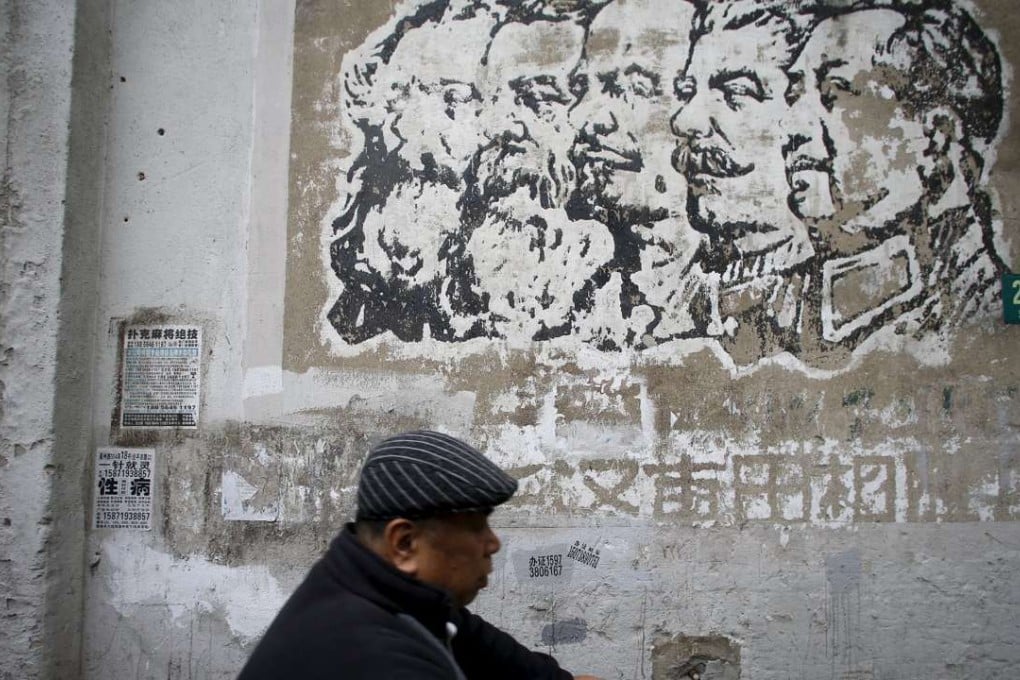Opinion | China must let the dark deeds of the Cultural Revolution come to light
Cary Huang says the nation is doomed to repeat the mistakes of this tragic episode of its past if no effort is made to remember and learn from it

China’s Communist Party is known for obsessing about commemorations of historic events and making use of them in current-day politics, either as a way to denounce enemies or glorify the party.
And, traditionally, China attaches greater significance to every 10-year anniversary of important historic events.
Toe the Communist Party’s red line on Cultural Revolution, state paper warns
But such habits are highly selective – as evidenced by the fact the government will not stage any public event to mark the 50th anniversary of the Cultural Revolution, which falls on Monday.
This is the case even though the decade-long political hysteria that brought tragedy and catastrophic suffering for the Chinese people was as immense and grave as the two world wars of the last century. Tellingly, there were also no commemorative activities to mark the 20th, 30th or 40th anniversaries of the Cultural Revolution, either.

The worst consequence was the destruction of people’s conscience and humanity, which is at the root of many current-day social ills, such as a lack of trust, care and love among people, as the whole of society struggles to distinguish between basic right and wrong.
Although the party officially condemned the event as “disaster and turmoil” in 1981, successive leaders, post-Mao, have also tried to bury the painful memories and keep the dark side of history under the carpet.
